D)fails to achieve the minimum average total. If a monopolist were to produce in the inelastic segment of its demand curve,
X Inefficiency Refers To A Situation In Which A Firm. Which of the following is not a possible source of. What does x mean in economics? Subsequently, one may also ask, what is x inefficiency in monopoly? X inefficiency occurs when a firm lacks the incentive to control costs.
 Solved Question 29 "X-Inefficiency" Refers To: The Fact That | Chegg.com From chegg.com
Solved Question 29 "X-Inefficiency" Refers To: The Fact That | Chegg.com From chegg.com
Related Post Solved Question 29 "X-Inefficiency" Refers To: The Fact That | Chegg.com :
When there is this lack of incentives, the firm will not be technically efficient. Detection risk is the probability that audit procedures will produce evidence of material misstatements. Is not as technologically progressive as it might be. The term inefficiency generally refers to an absence of efficiency.
Fails to realize all existing economies of scale.
X inefficiency occurs when a firm lacks the incentive to control costs. Fails to realize all existing economies of scale. C)fails to realize all existing economies of scale. Fails to realize all existing economies of scale. If a monopolist were to produce in the inelastic segment of its demand curve, Fails to realize all existing economies of scale.
 Source: economicsonline.co.uk
Source: economicsonline.co.uk
Fails to realize all existing economies of scale. Fails to realize all existing economies of scale. The term inefficiency generally refers to an absence of efficiency.it has several meanings depending on the context in which it is used:
 Source: economicsonline.co.uk
Source: economicsonline.co.uk
This type of inefficiency says that we could be organizing people or production processes more effectively. It has several meanings depending on the context in which it is used: May be either more or less elastic than that faced by a single purely competitive firm.
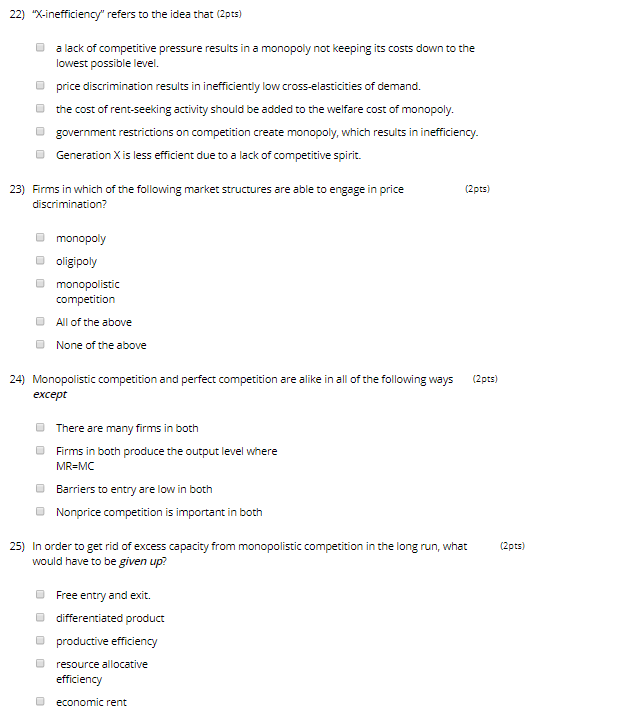 Source: chegg.com
Source: chegg.com
Fails to realize all existing economies of scale. Fails to achieve the minimum average total costs attainable at each level of output. Fails to realize all existing economies of scale.
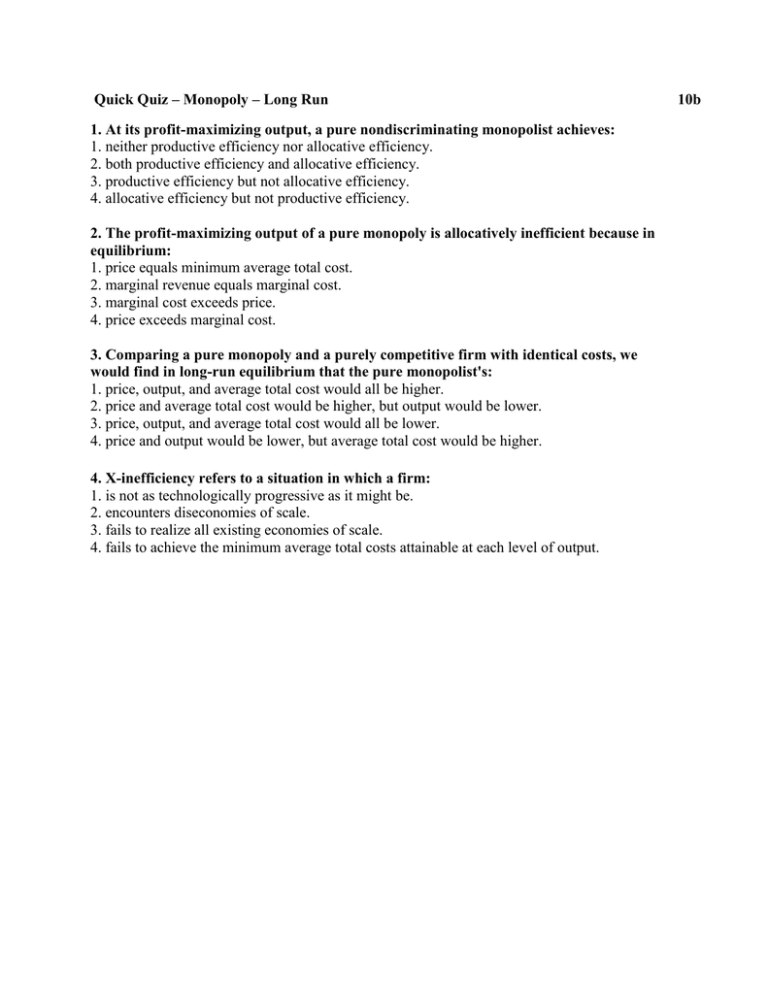 Source: studylib.net
Source: studylib.net
This causes the average cost of production to be higher than necessary. The term inefficiency generally refers to an absence of efficiency.it has several meanings depending on the context in which it is used: B) encounters diseconomies of scale.
 Source: marketbusinessnews.com
Source: marketbusinessnews.com
This type of inefficiency says that we could be organizing people or production processes more effectively. Fails to achieve the minimum average total costs attainable at each level of output. D) fails to achieve the minimum average total costs attainable at each level of output
 Source: zoefact.com
Source: zoefact.com
Is not as technologically progressive as it might be. Fails to achieve the minimum average total costs attainable at each level of output. Fails to realize all existing economies of scale.
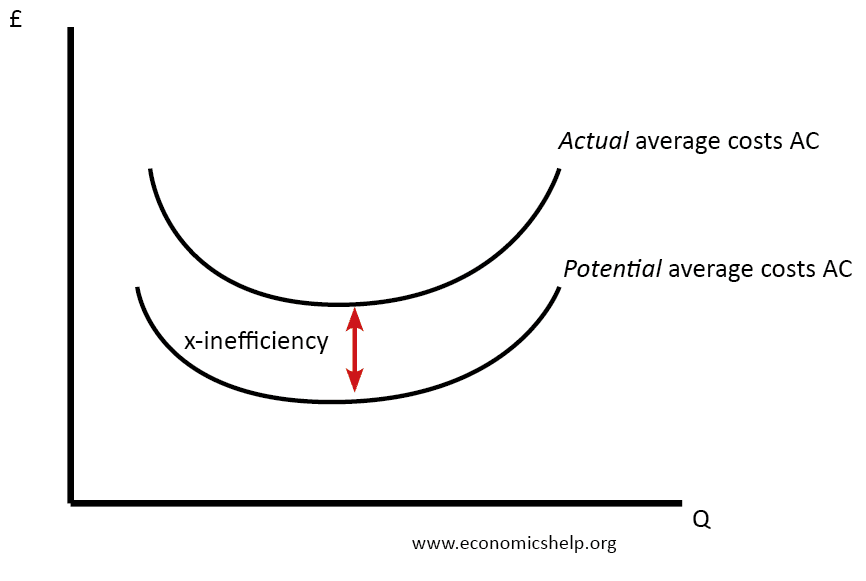 Source: economicshelp.org
Source: economicshelp.org
Is not as technologically progressive as it might be. Is not as technologically progressive as it might be. D) fails to achieve the minimum average total costs attainable at each level of output
 Source: justdan93.wordpress.com
Source: justdan93.wordpress.com
Is not as technologically progressive as it might be. Is not as technologically progressive as it might be. The term inefficiency generally refers to an absence of efficiency.

Which of the following is not a possible source of. Is not as technologically progressive as it might be. The term inefficiency generally refers to an absence of efficiency.
 Source: slidetodoc.com
Source: slidetodoc.com
The term inefficiency generally refers to an absence of efficiency.it has several meanings depending on the context in which it is used: This type of inefficiency says that we could be organizing people or production processes more effectively. The ability of a firm to get maximum output from its inputs.

Fails to realize all existing economies of scale. For example, a company may have the. Fails to realize all existing economies of scale.
 Source: economicsonline.co.uk
Source: economicsonline.co.uk
What does x mean in economics? Is not as technologically progressive as it might be. Fails to achieve the minimum average total costs attainable at each level of output.
 Source: economicsonline.co.uk
Source: economicsonline.co.uk
This causes the average cost of production to be higher than necessary. Is not as technologically progressive as it might be. This type of inefficiency says that we could be organizing people or production processes more effectively.
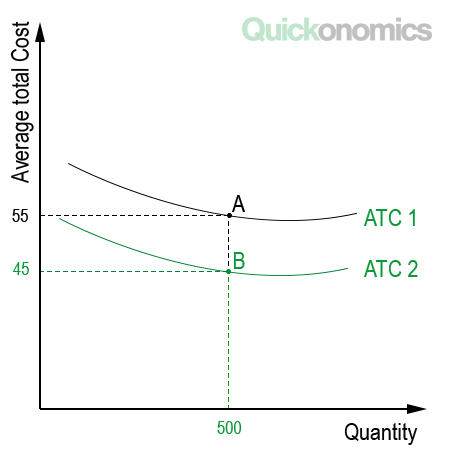 Source: quickonomics.com
Source: quickonomics.com
In other words, with no competition, there�s less desire to maximize production and compete. Fails to achieve the minimum average total. Is not as technologically progressive as it might be.
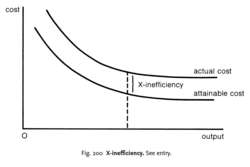 Source: financial-dictionary.thefreedictionary.com
Source: financial-dictionary.thefreedictionary.com
Fails to achieve the minimum average total costs attainable at each level of output. May be either more or less elastic than that faced by a single purely competitive firm. Is not as technologically progressive as it might be.
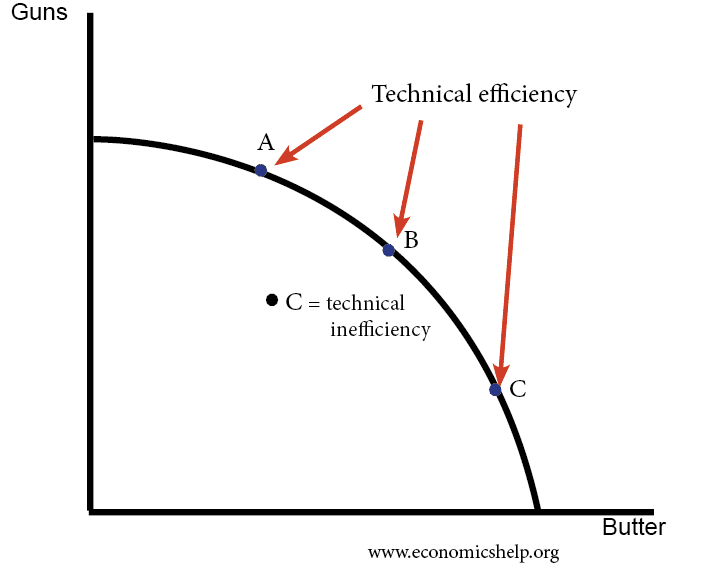 Source: economicshelp.org
Source: economicshelp.org
Is not as technologically progressive as it might be. Subsequently, one may also ask, what is x inefficiency in monopoly? Is not as technologically progressive as it might be.
 Source: youtube.com
Source: youtube.com
In other words, with no competition, there�s less desire to maximize production and compete. Is not as technologically progressive as it might be. Fails to realize all existing economies of scale.
 Source: chegg.com
Source: chegg.com
The term inefficiency generally refers to an absence of efficiency. Fails to achieve the minimum average total costs attainable at each level of output. When there is this lack of incentives, the firm will not be technically efficient.
![]() Source: ezyeducation.co.uk
Source: ezyeducation.co.uk
For example, a company may have the lowest costs. This causes the average cost of production to be higher than necessary. D)fails to achieve the minimum average total.
 Source: justdan93.wordpress.com
Source: justdan93.wordpress.com
The ability of a firm to get maximum output from its inputs. This type of inefficiency says that we could be organizing people or production processes more effectively. Is not as technologically progressive as it might be.
Also Read :




